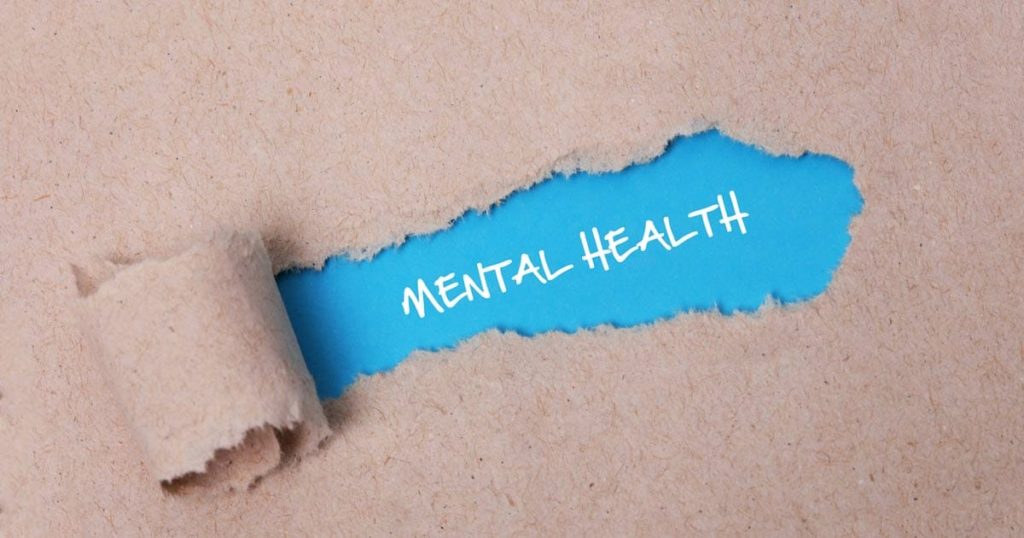If you were to ask someone to name a group of people who experience post-traumatic stress disorder (PTSD), the answer would most likely be war veterans. And while it’s true that veterans are at substantial risk for PTSD, war is not the only cause. In fact, PTSD is caused by any horrific or terrifying event and is characterized by lingering feelings of anxiety, worry, depression and stress. Such symptoms are to be expected to manifest for a certain period of time in anyone who has experienced or witnessed traumatic events. However, people struggling with PTSD continue to have these crippling effects for months or even years. Certain sights, sounds, smells, tastes or sensations can also trigger intense flashbacks in someone with PTSD. If you’re concerned about yourself or a loved one, don’t hesitate to seek help, especially if any of the following events have occurred:
Childhood Emotional Trauma
Trauma experienced in childhood takes many different forms: physical abuse, sexual abuse, psychological abuse, physical neglect, emotional neglect, etc. Adults who were emotionally neglected or psychologically abused as children may not even recognize that their experiences are considered emotional trauma. If you know you didn’t have the greatest relationship with your parents but still wonder why you seem to have PTSD, it could be rooted in what your parents or caretakers did not do versus what they did do. So you weren’t beaten as a child … but were you ignored when you sought comfort when you were accidentally hurt or when you got scared? This is a form of emotional trauma that can have repercussions well into adulthood.
Natural Disasters
Devastating earthquakes, tsunamis, tornadoes, hurricanes, fires and floods can change people’s lives in an instant. These natural disasters can take lives, cause injuries and destroy possessions, all while causing great fear and panic. Getting your life back together after a natural disaster can take months. People who develop PTSD in response to a natural disaster may feel overwhelming anxiety during severe weather or by simply hearing news of natural disasters elsewhere. They are also likely to experience depression, even long after the natural disaster has occurred.
Car Accidents
Survivors of severe car accidents are certainly lucky to be alive, but they often have to struggle with intense physical pain and numerous injuries. Depression and anxiety are common among accident victims for this reason, but if these feelings persist, there could be a larger issue of PTSD. When faced with having to ride in a vehicle, PTSD sufferers may experience overwhelming fear or flashbacks.
Witnessing or Experiencing Acts of Violence or Terrorism
Acts of violence can occur just about anywhere … in our own homes at the hands of family members, out in the community or even at your place of work. Being sexually assaulted, robbed at gunpoint, beaten, threatened or injured can significantly increase the likelihood of developing PTSD. However, you do not have to be the direct recipient of such violent acts to be at risk of PTSD. Simply witnessing violence can increase feelings of insecurity, anxiety and depression, especially if you felt helpless as a witness. These days we also have to take into account the increase in mass violence or terrorism. Witnessing, being injured in or losing a loved one to mass violence can lead to PTSD. Terrorism acts like the Boston Marathon bombing can also cause symptoms of PTSD, even in children. If you’ve been affected by any such event, ongoing news coverage of the tragedy (or of similar tragedies) can trigger feelings of sadness and depression. No matter the violence you endured or witnessed, you may also be reluctant to return to the scene of the crime or to venture out in public, since your overall feeling of personal safety has been compromised.
Diagnosis of Cancer or Other Potentially Fatal Medical Conditions
Receiving a diagnosis for a potentially fatal condition such as cancer can create an enormous psychological burden. To make matters worse, the treatment for cancer can be painful and only exacerbate feelings of PTSD. PTSD can also manifest in cancer survivors, producing heightened levels of anxiety and a constant fear that the cancer will return. Visits to the doctor’s office might trigger panic attacks in a cancer survivor, as could any physical changes in the body. Unfortunately, PTSD itself can be fatal; the intense feelings of depression and anxiety can lead to suicidal thoughts and behaviors. This can present a vicious cycle for those whose PTSD was prompted in the first place by a potentially fatal diagnosis.
PTSD Is Serious But Can Be Managed
If you are living with PTSD but have never set foot on a battlefield, know that your experiences and struggles are no less significant. They are simply different. What matters most is that you recognize the need for help, and that you dedicate yourself to working through the trauma.



